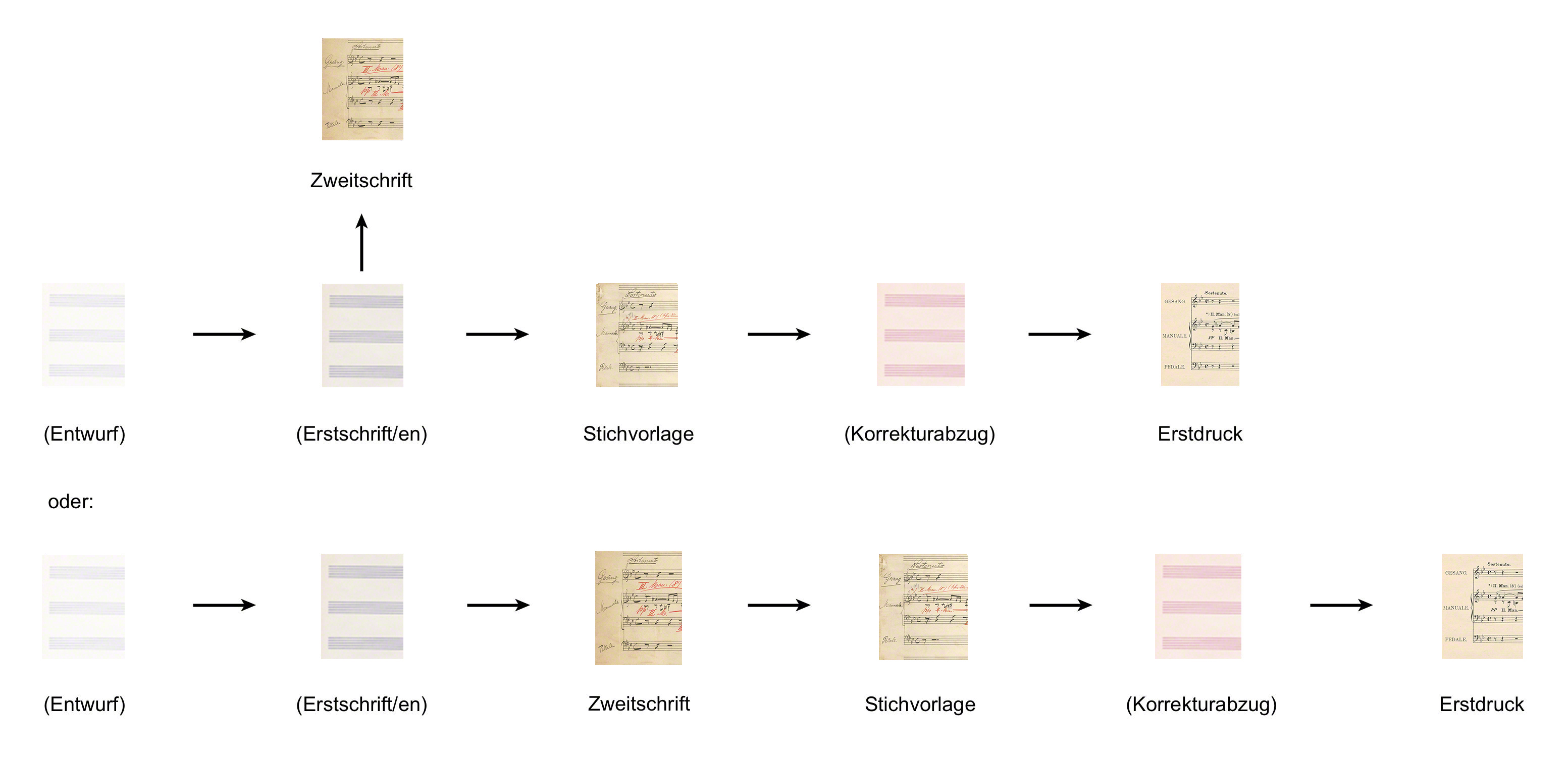Wohl denen, die ohne Wandel leben WoO VII/36
Sacred Song for medium voice and organ or harmonium
-
Text: Psalm 119 (1–5, 8)
- –
- –
- –
1.
| Reger-Werkausgabe | Bd. II/7: Vokalwerke mit Orgelbegleitung und weiteren Instrumenten, S. 50–51. |
| Herausgeber | Alexander Becker, Christopher Grafschmidt, Stefan König. Unter Mitarbeit von Dennis Ried und Stefanie Steiner-Grage. |
| Verlag | Carus-Verlag, Stuttgart; Verlagsnummer: CV 52.814. |
| Erscheinungsdatum | Juni 2019. |
| Notensatz | Carus-Verlag, Stuttgart. |
| Copyright | 2019 by Carus-Verlag, Stuttgart and Max-Reger-Institut, Karlsruhe – CV 52.814. Vervielfältigungen jeglicher Art sind gesetzlich verboten. / Any unauthorized reproduction is prohibited by law. Alle Rechte vorbehalten. / All rights reserved. |
| ISMN | M-007-18850-4. |
| ISBN | 978-3-89948-318-5. |
Psalm 119 (1–5, 8)
unknown
Used for comparison purposes in RWA: Psalm 119, in:
Die Bibel oder die ganze Heilige Schrift des Alten und Neuen Testaments, nach der deutschen Übersetzung Martin Luthers, 938th edition, ed. by Martin Luther, Verlag der v. Canstein’schen Bibel-Anstalt, Halle
Copy shown in RWA: DE, Karlsruhe, Max-Reger-Institut/Elsa-Reger-Stiftung.
Note: Die heute ungebräuchliche Form “ohne Wandel leben” (statt “ohne Tadel leben”) lässt vermuten, dass Reger eine ältere Auflage der Luther-Bibel als Textvorlage verwendete, die noch nicht den in den 1890er-Jahren erstmals revidierten Text übermittelt (siehe Anmerkung).
Note: Heinrich Schütz hatte den 119. Psalm 1671 doppelchörig als “Schwanengesang” vertont. Friedrich Spitta hatte das bis dato weitgehend unbekannte Werk in seinem Aufsatz “Neu entdeckte Schützsche Werke” im Mai 1900 in der Monatschrift für Gottesdienst und kirchliche Kunst (5. Jg., S. 122–128) der Öffentlichkeit vorgestellt. Reger, der zu dieser Zeit in der Monatschrift publizierte und mit Spitta in Kontakt war, könnte von dieser Entdeckung gewusst haben.
1. Composition and Publication
The sacred song Wohl denen, die ohne Wandel leben for medium voice and organ (or harmonium), a setting of six verses from Psalm 119, was composed for the wedding of Bertha von Seckendorff in the Protestant Bergkirche in Berchtesgaden on 19 September 1903. Reger himself accompanied his wife Elsa at the ceremony on the organ, whilst her “beloved foster-sister strode through the church on the arm of her young husband Oskar Sensburg, our cousin (our grandmothers were sisters)” 1. Just four days later he submitted the engraver’s copy, inserted in that of the Chorale cantata “Vom Himmel hoch, da komm ich her” WoO V/4 no. 1, to the publisher Lauterbach & Kuhn and requested a combined remuneration for both works of 120 marks (letter dated 23 September).
A manuscript by Reger ended up in the publishing archive of Lauterbach & Kuhn, with the stamp “received | […] DEZ 1903 | dealt with”, that is, it was probably archived after the printing of the song. This was possibly the manuscript which Reger had played from at the wedding. Whether it also served as the engraver’s copy is unclear, especially as the red layer of performance instructions and dynamic markings is entirely missing and the organ/harmonium part, which Reger probably ornamented in improvised fashion at the wedding, is not developed in detail. In principle it cannot be ruled out that, unlike his usual practice, Reger submitted an incomplete manuscript: the intensive work on three major works – the Gesang der Verklärten op. 71, the Violin Sonata in C major op. 72 and Variations and Fugue on an Original Theme for organ op. 73 –, which Reger had imposed on himself in the Berchtesgaden summer holidays, as well as the impending move within Munich at the end of September may have prevented him from revising the small work. Therefore, only the proofs would have remained for him to make the requisite alterations and insertions, which he returned to the publisher on 20 October. But extensive corrections were not mentioned in the letter accompanying the return package – there is only the brief remark “new proof copy not necessary!” (Postcard) Nor do the plates of the first printed edition show traces of any extensive revisions. It is therefore more probable that Reger submitted a second manuscript as the engraver’s copy which does not survive, possibly the copy from which his wife Elsa sang the first performance, and which therefore must have contained performance instructions.
In November the song was advertised in Hofmeister’s Musikalisch-literarischer Monatsbericht 2 as a new publication; however, on 16 December Reger was still waiting for his gratis copies (vgl. Postkarte).
2.
Translation by Elizabeth Robinson.
1. Reception
At present, there are no records of performances in Reger's time.
1. Stemma

2. Quellenbewertung
Der Edition liegt als Leitquelle der Erstdruck zugrunde, während die vermutliche Erstschrift kaum eine Rolle spielte. Die Vortragsanweisungen fehlen in diesem Manuskript noch, es ist sehr flüchtig geschrieben und enthält zahlreiche Wendungen, die nicht in den Druck eingegangen bzw. für den Druck verbessert worden sind. Diese umfangreichen Korrekturen stehen jedoch im Widerspruch zur lapidaren Äußerung “neuer Abzug nicht nötig!” (Postkarte an Lauterbach & Kuhn vom 20. Oktober 1903), mit der Reger die Stichvorlage einreichte (siehe Entstehung). Als Stichvorlage muss Reger ein umfänglich ausgearbeitetes Manuskript eingereicht haben, das sich jedoch nicht erhalten hat.
3. Sources
Object reference
Max Reger: Wohl denen, die ohne Wandel leben WoO VII/36, in: Reger-Werkausgabe, www.reger-werkausgabe.de/mri_work_00242.html, version 4.0, 18th December 2025.
Information
This is an object entry from the RWA encyclopaedia. Links and references to other objects within the encyclopaedia are currently not all active. These will be successively activated.